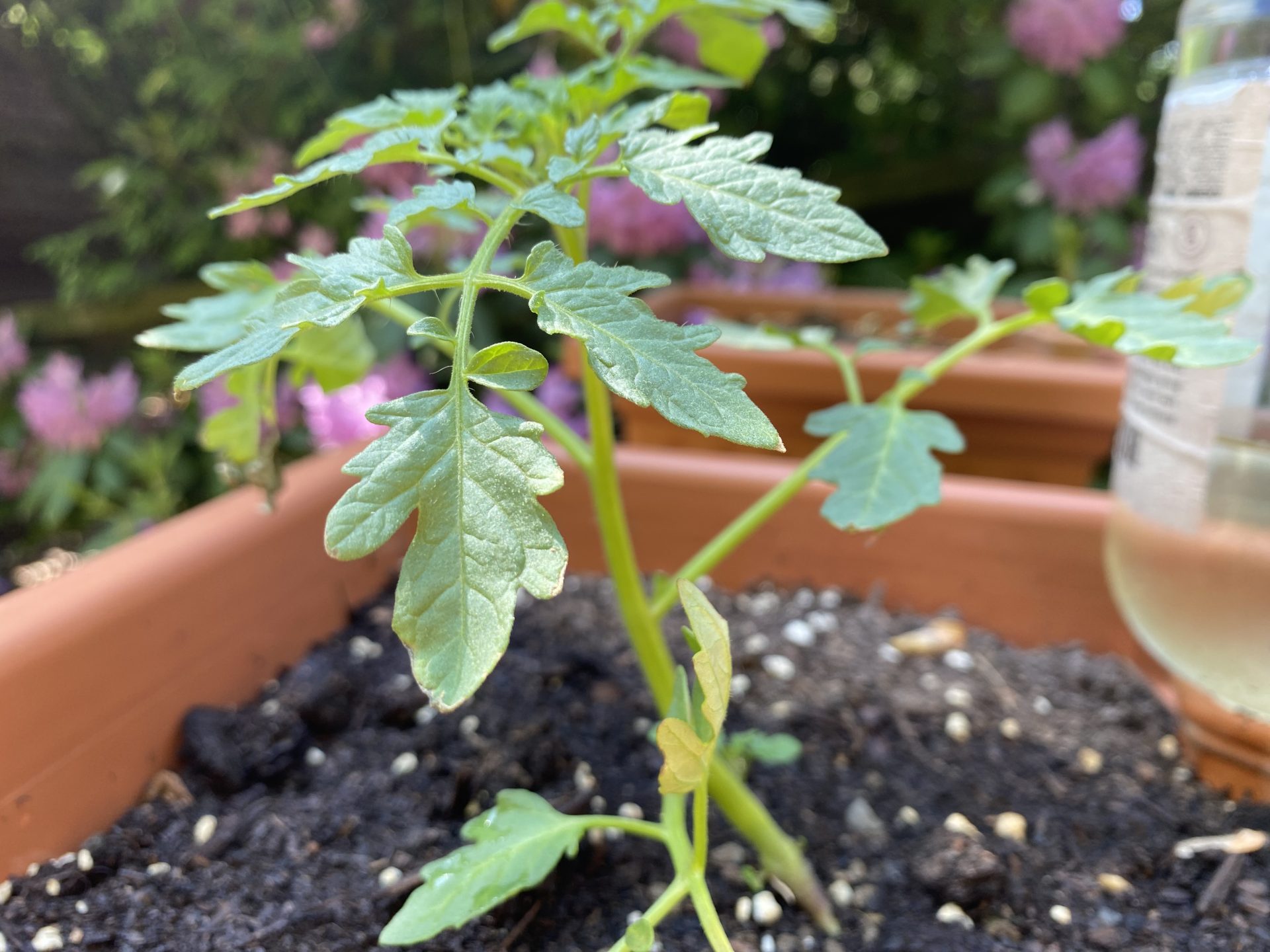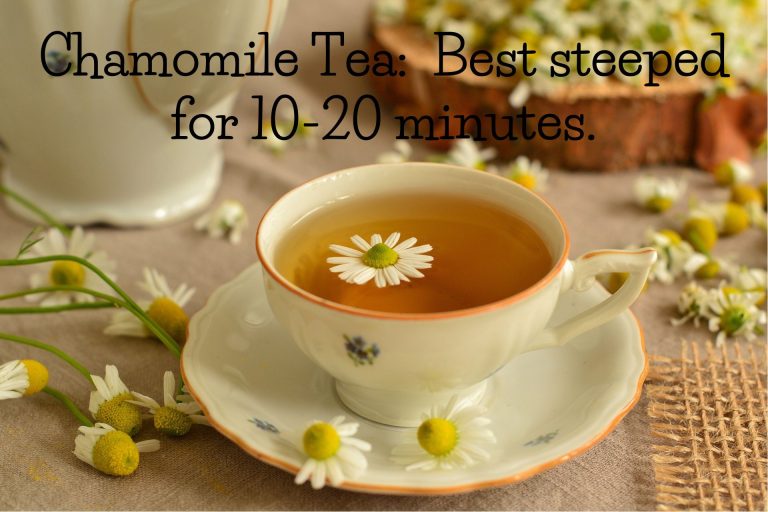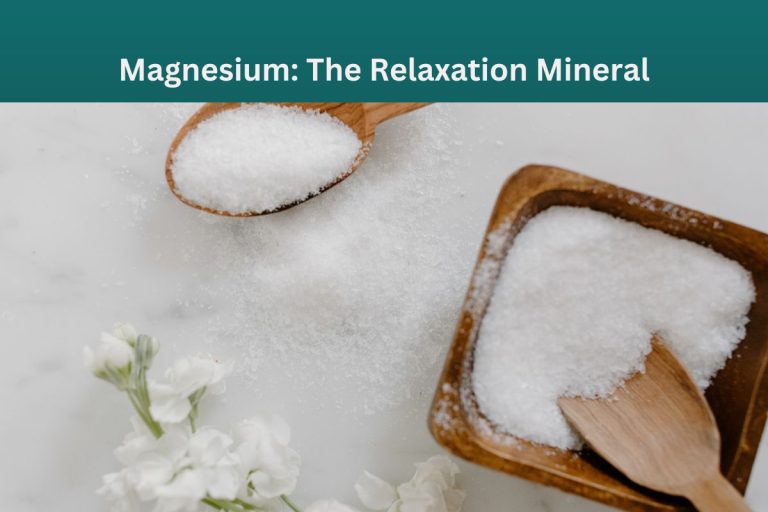Gardening For Health
This post may contain affiliate links. View our disclosure policy here.
Most people know that homegrown vegetables and herbs are usually better for you than the produce you buy at the grocery store from large scale farms. However the very act of gardening also has a large positive effect on your health. Gardening actually offers numerous health benefits both for physical and mental or emotional well-being.
Physical Health
Gardening involves various physical activities such as digging, planting, weeding, and watering, which provide a low-impact form of exercise. These activities lead to better overall fitness. Digging holes, turning soil, and planting new plants require physical effort and can engage muscles in your arms, shoulders, and back. Removing weeds involves bending, kneeling, and squatting, which can strengthen your leg muscles and also improve flexibility. Clearing leaves, debris, or fallen petals requires repetitive movements like raking and sweeping. These actions engage your arm, shoulder, and core muscles, Gardening often involves lifting heavy objects such as bags of soil, pots, or rocks. These lifting and carrying tasks can enhance muscle strength and promote better posture. Transporting soil, mulch, or compost using a wheelbarrow engages your leg muscles and provides a good workout for your upper body, particularly the arms and shoulders.
Even the watering of plants we do all summer long involves carrying watering cans or hoses, which can be a light form of aerobic exercise. This activity helps engage your arm muscles and can contribute to overall cardiovascular health.
If you are starting out with limited knowledge or physical limitations, remember to start small. Container gardening keeps your plants small and allows you to grow fresh produce without being overwhelming. Keep in mind that raised beds are easier on the back and knees. There are lots of ways to modify gardening to make it easier on physical limitations.
All of these activities and movements can help improve strength, endurance, and flexibility. Some even provide a mild cardiovascular workout! All of this proves that gardening for health really is effective for your body!
Vitamin D
I’m loving my time outside in the early morning sunshine before it gets terribly warm. Spending time outdoors while gardening exposes you to sunlight, which is a natural source of vitamin D. Adequate vitamin D levels are essential for maintaining healthy bones, teeth, and immune function. Getting vitamin D from sunshine is always the best way to acquire vitamin D and early morning sunshine helps your body stay on course for it’s sleep cycle as well!
For more information on Vitamin D, please be sure to read one of my first posts that covered lots of information on this necessary part of optimal health!
Stress Reduction
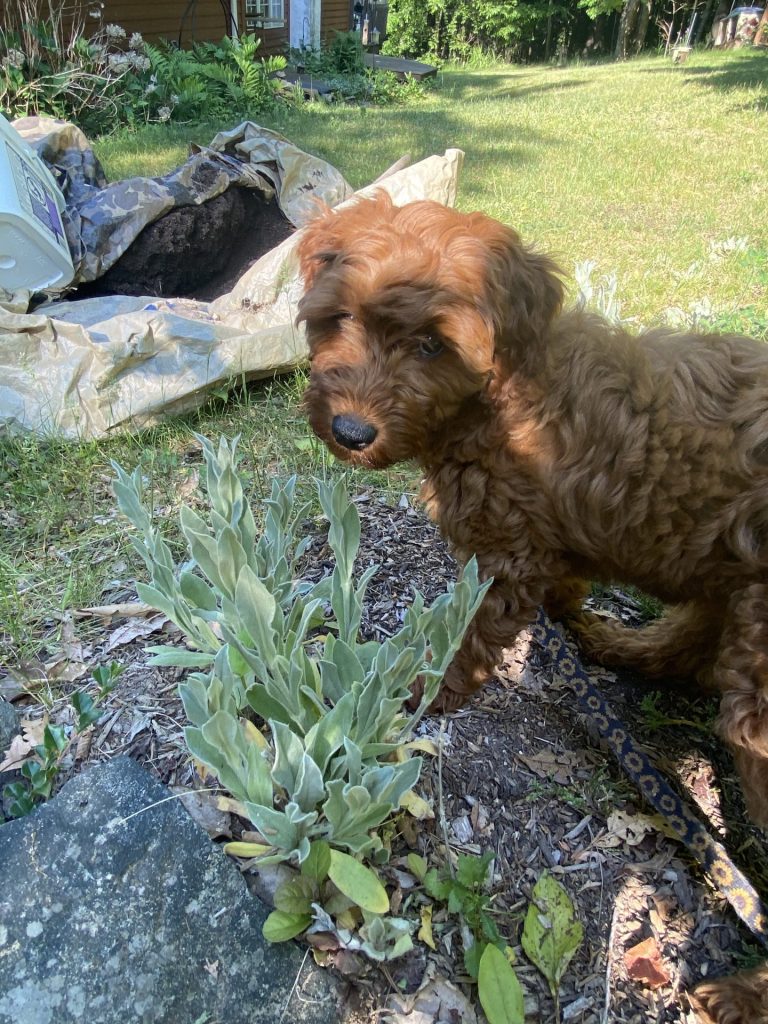
For me, spending time in the garden surrounded by nature (plants, birds, and more) can be incredibly calming and grounding. My stress level is reduced -unless like this morning when I thought my dog ran off only to discover after over ten minutes of panic, she had followed me into the garage when I was searching for gloves, and I had shut her in there! But that aside, the physical act of gardening and the environment it offers can be therapeutic and meditative, allowing you to focus on the present moment and being more aware of God’s wonderful creation.
Mental Health
This of course overlaps with stress reduction. Gardening has been shown to have positive effects on mental health. The physical activity, vitamin D and stress reduction can reduce symptoms of anxiety and depression, boost mood, and improve overall well-being. The enormous sense of satisfaction from growing and even the nurturing of these plants can enhance your self-esteem and further your sense of purpose. I feel like this has, for the most part, even grown higher in the last few years.
Fresh Air
This is huge. In this day and age, it is sad how little time many people spend outdoors. Being outdoors provides an opportunity to breathe in fresh air (even in a city outdoor air is important) and the daily practice can improve respiratory health (of course, those with allergies need to take precautions).
Cognitive Stimulation
Gardening can actually help with cognitive stimulation. The process of gardening involves planning, problem solving, and decision making. The decision making is my biggest hurdle! It provides great opportunity to learn more about plants, growth cycles, the care and upkeeping, and harvesting of your ‘crops’. This can be stimulating and exciting while expanding knowledge.
Social Interaction
While gardening by myself in the morning offers me an introvert’s delight, gardening can also be a social activity, offering opportunities to connect with others with similar interests. Starting in the spring, one way to be social in gardening and spread your joy is by sharing the leftover seedlings after transplanting the ones you want into your garden. Sharing extra plants is a great way to build friendships, encourage others to begin a new way of boosting their health, and get encouragement for yourself. Joining community gardens, participating in local gardening clubs, or visiting the local garden centers can help you find others that share your interests and build your confidence as you grow your knowledge.
Nutrition
Growing your own herbs, vegetables and fruits allows you to have access to nourishing, fresh, organic produce. It promotes a healthy diet and encourages you to maintain consumption of the nutrition needed to foster better health.
Gardening For Health in Pennsylvania
My home is in the Pennsylvania mountains. We are surrounded by the woods which I love but it does limit my full sun areas to garden. We took out an above ground pool a few years ago and over the last three years I have very slowly been experimenting with ways to use this as a garden space.
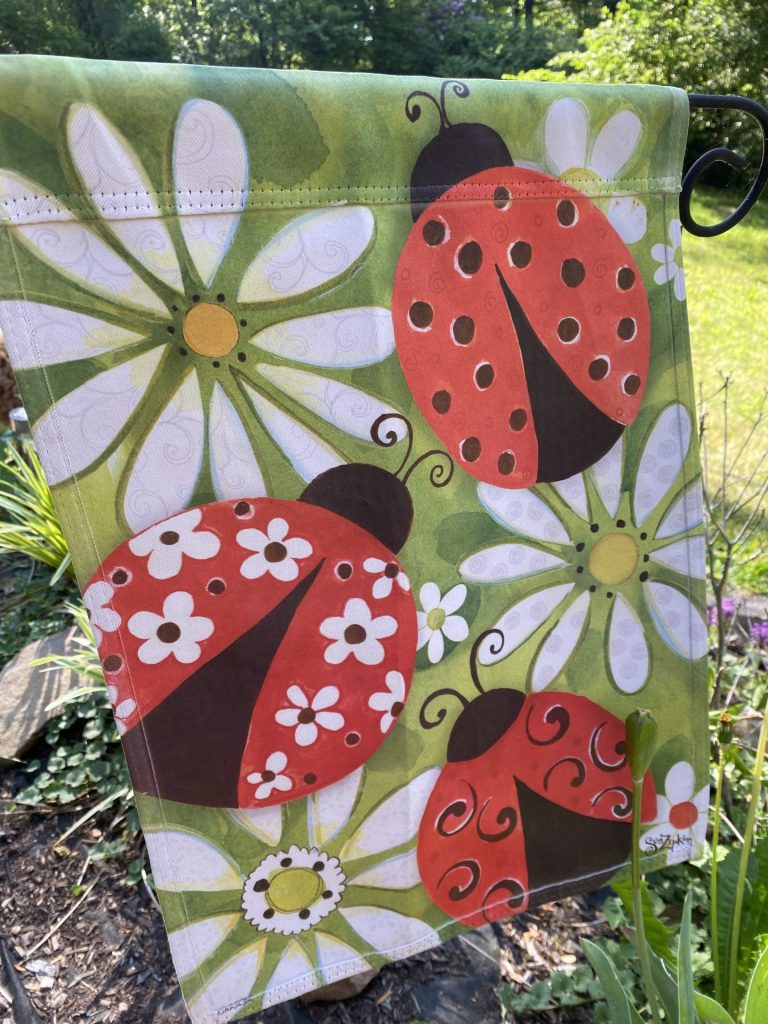
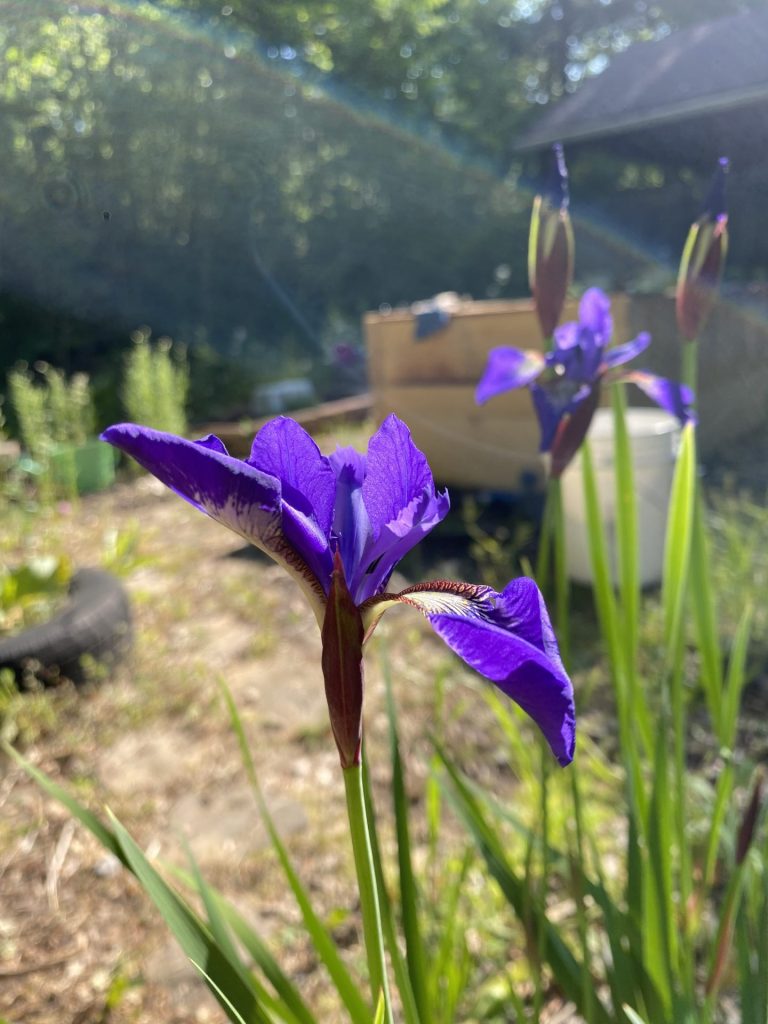
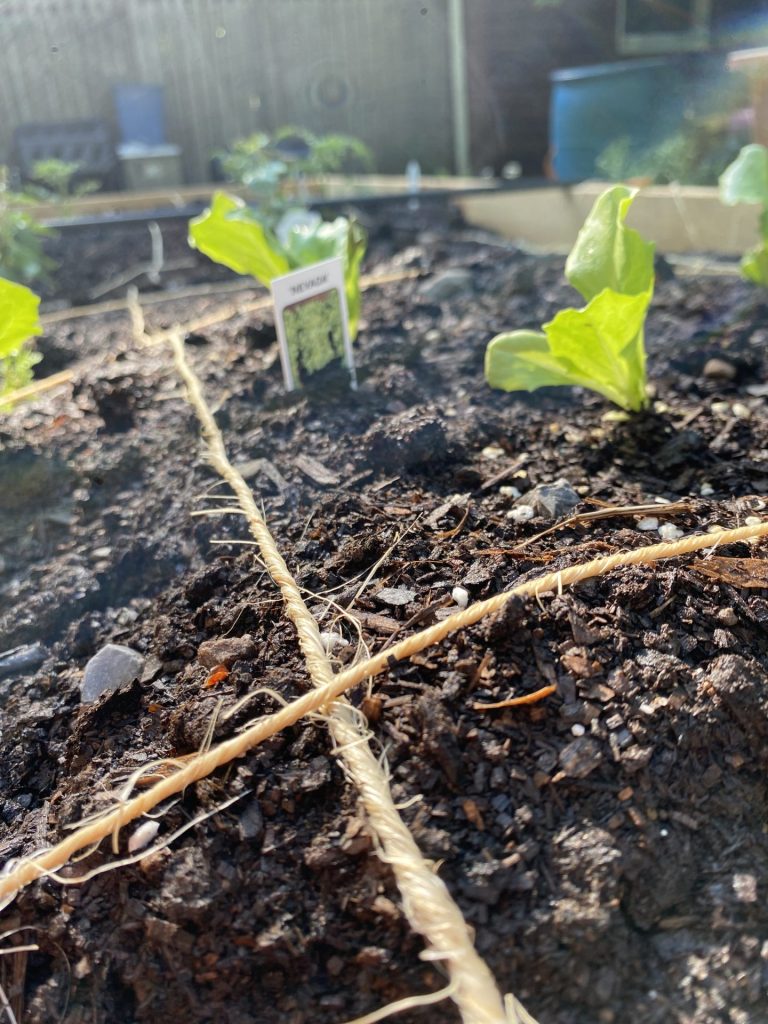
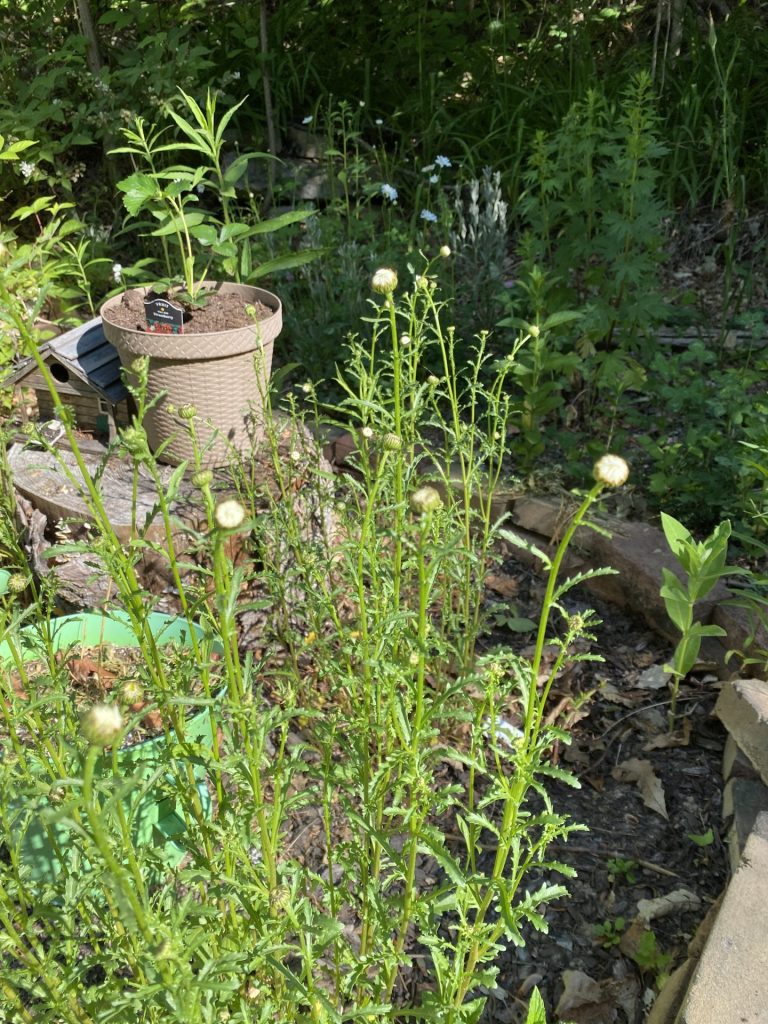
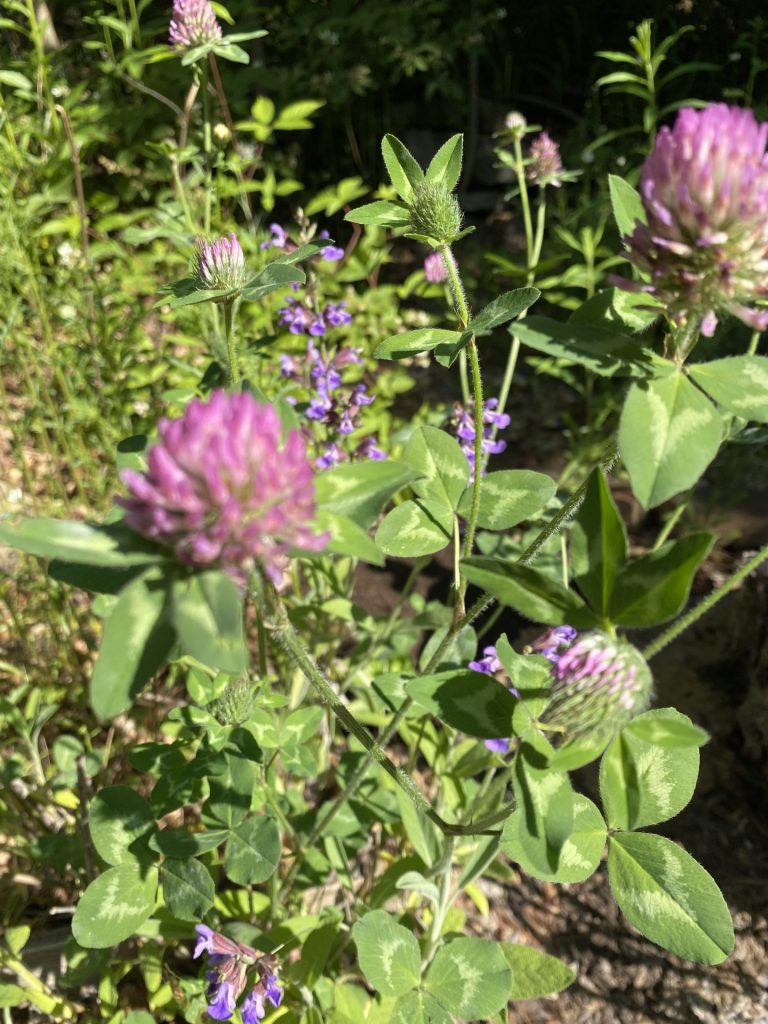
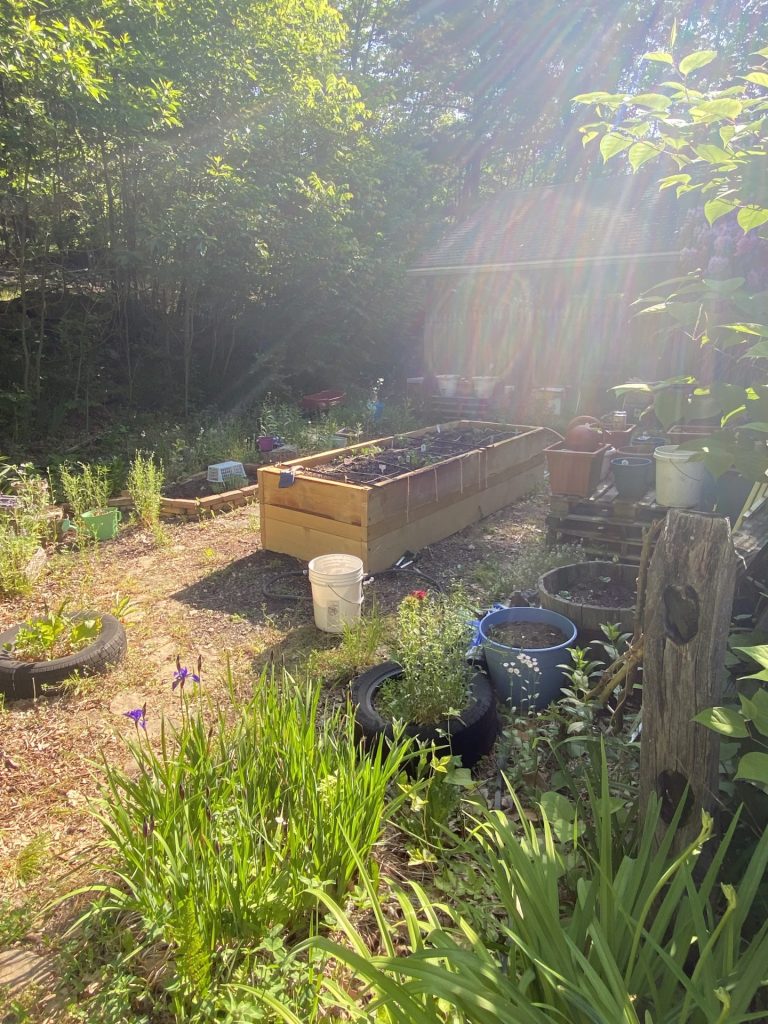
Gardening For Health Summary
Gardening is a versatile and adaptable activity. Even small-scale gardening efforts can provide wonderful health benefits. Gardening offers physical exercise, stress reduction and other mental health benefits, natural vitamin D absorption, fresh air, cognitive stimulation, social interaction (and time for yourself), as well as the obvious nutritional benefits of good organic produce right outside your door!
Tell me about your gardening! What do you like to grow? What’s a gardening tip you could offer to me and our other readers?
